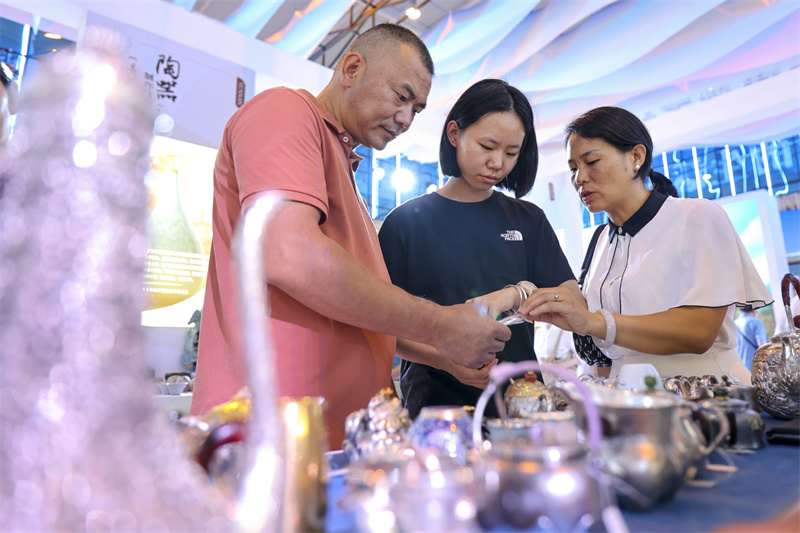
Significance of support
Sandra Pires, who directed the 2015 documentary, The Dalfram Dispute 1938: Pig Iron Bob, told China Daily that it was "an internationally significant action … by men who believed they were going to make a difference; they had a conscience, and they won".
They are on the right side of history, said Pires, whose film title refers to the nickname given to Australia's then attorney general Robert Menzies amid his opposition to the workers' action.
Communist Party of Australia member and public servant Christian Raymond, 30, told China Daily the Dalfram Dispute is important to him as a young Australian because "it reminds us of a moment when Australians stood up to take a position in opposition to war, in support of peace across the world".
Raymond regularly visits the heritage park, where there is a monument attesting to "the stand against military aggression; a stand forever forged between the peoples of China and Australia".
The significance of the Dalfram Dispute is being revisited amid the 80th anniversary of the victory in the World Anti-Fascist War, which included a major symphony concert and photo exhibition in Sydney on Aug 9.The "Ode to Peace and the Future" concert featured a 58-piece symphony orchestra and a 260-strong choir.
Speaking at the concert, Chinese Consul General in Sydney Wang Yu said that Chinese and Australians had stood united against fascism.
The Dalfram Dispute monument stands "silently recounting the heroic act of Australian workers", he said. "The ladder at the top of the monument symbolizes the yearning for peace and serves as a bridge connecting the friendship between the people of our two countries," Wang said.
Mark Buttigieg, New South Wales parliamentary secretary for industrial relations and multiculturalism, said that "unless we gather together and remember what happened in our past, in terms of loss of human life and wars … unless we're vigilant, we can go down that negative path of the dark age again".
Rorris said events like the concert are always important to help remember the path to peace and progress forged eight decades ago by the port workers.
"We have a saying here that history is the workers' greatest friend. You must never ever forget how we came to be, where we are," he said. "We are a relatively affluent country; we still have our issues, but all of the protections and the benefits and our standard of living were won through the march of the labor movement. They were achieved by the working class," Rorris said.
The seafarers in Australia played a major role in highlighting the sacrifices made by the Chinese people during the war, he said.
"The very nature of their work meant that they saw firsthand what was happening in many of these other countries because they would go to the ports. So a lot of the information that came back to their unions was firsthand information," he said.
During the war and after the war, it became a lot clearer the sacrifices that had been made, he said.
"People are starting to realize more and more how the resistance in China was a turning point… At the end of the day, the history of Chinese struggle is critical here.
"There were great sacrifices that should never have happened. But it also means that in terms of this country, there's no doubt the Dalfram Dispute was the first shot fired in the war against fascism in this country," Rorris said.
Once again across the oceans, we can extend that friendship with the Chinese people and people around the world, he said, adding: "And to say that we must plan for peace, not war, and not fall into the trap of thinking that we can arm ourselves to peace."
"When you look at Dalfram… the people always have a say, the people will get out and their voice will be heard," Keane said.
"There's a saying among our movement that peace is union business and the unions will always be involved in peace, not war."
Contact the writers at xinxin@chinadaily.com.cn

微信扫描下方的二维码阅读本文



